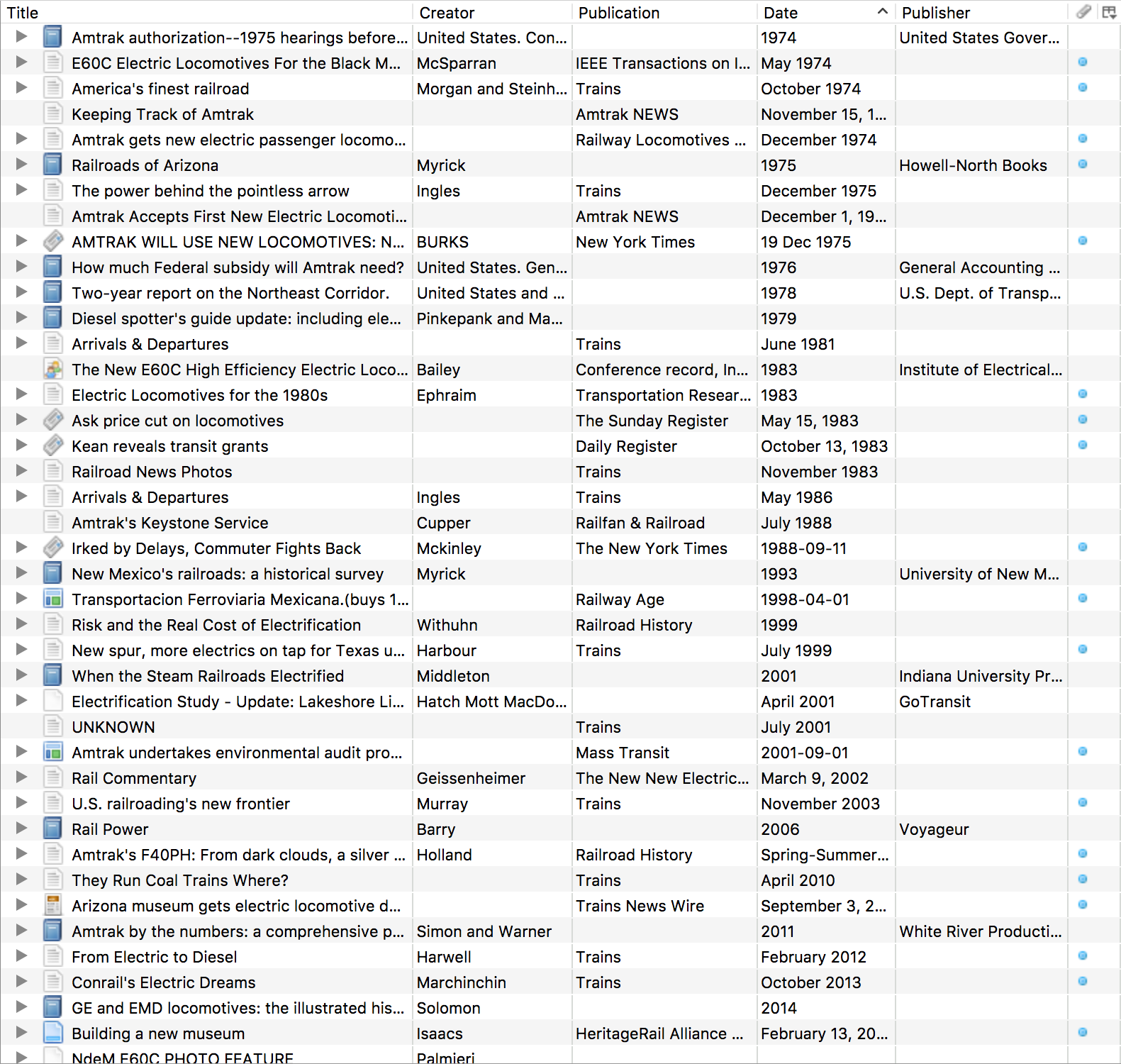It’s a simple question with a complex answer: in a given academic term, what percentage of our Moodle courses are “active” (used by a faculty member in the teaching of their course). We have to start by figuring out what counts as a “course” in a term, and then come up with an inclusive measurement of activity.
Courses
The basic unit in Moodle is the course. We use the Banner/Luminis Message Broker plugin to create a course for each section of each course which is taught for a given term at Lafayette. Each of these courses has an idnumber which corresponds to the section’s CRN. An exception is crosslisted courses; the LMB plugin creates a merged course with a special idnumber.

